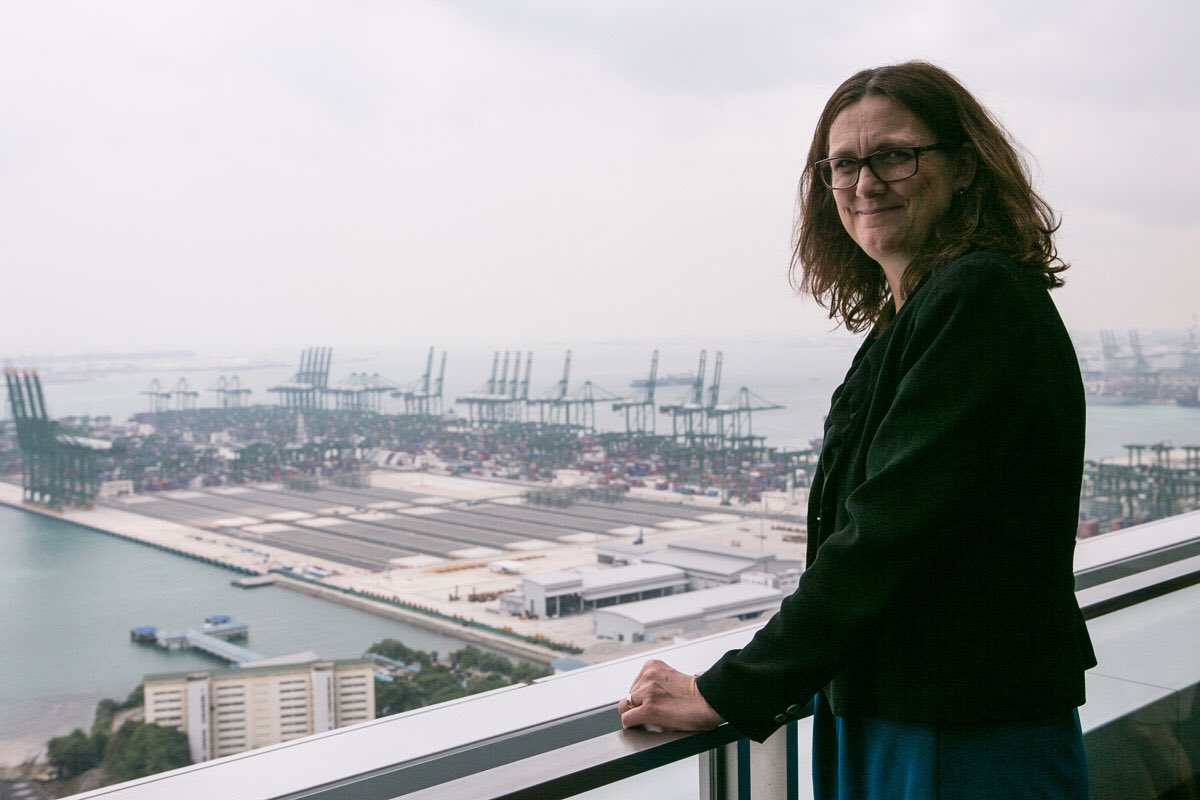EU trade chief concerned over drug war
The EU Trade Commissioner Cecilia Malström has expressed concern over the anticrime efforts of the Duterte administration which may have an adverse effect on the trade relations between the bloc and the Philippines.
This is the first time the EU official spoke on the issue, joining a number of international organizations that have made known their dissent on the bloody drug war and the reinstatement of the death penalty.
“We are concerned about some of the issues here in the Philippines. That means the death penalty, the extrajudicial killings, the lowering of the criminal age of responsibility to 9 years old,” she told reporters at a press conference on Friday.
“These are some concerns we have conveyed to our partners here in the Philippines,” she said.
The top EU trade official did not make conclusive statements as to how the recent developments would affect the bloc’s economic ties with the country, noting how these are all “under discussion.”
However, she made mention of the the Generalized System of Preference Plus (GSP+), which allows zero tariff for over 6,000 Philippine products that are exported to the European Union.
“We have now an agreement between us called GSP plus (GSP+) which opens up good trade possibilities, but is also subject to certain international conventions. So the European parliament and member-states in the EU have some concerns about this development,” she said.
This developed after the House of Representatives passed the death penalty, triggering concern among critics that it would violate international agreement which eventually affect GSP+.
The Congress under the Arroyo administration passed a law in 2006 that abolished the death penalty. This stand against capital punishment was carried over to the United Nations in 2007 when Manila ratified the Second Optional Protocol to the International Covenant on Civil and Political Rights of the United Nations.
International law experts say that ratifying the protocol binds parties to their commitment against restoring the death penalty. They say that since there is no opt-out mechanism in the agreement, passing the bill will mean breaching the covenant.
This economic benefit is conditional to the government’s compliance to key international covenants, including the second optional protocol.
Asked for comment, Trade Secretary Ramon M. Lopez reiterated his previous stance on the matter, saying he would try to appeal to the European Union to maintain the GSP+ should the bloc find violations.
He said the Duterte government’s peace and security efforts must come first regardless of external considerations such as the GSP+.
